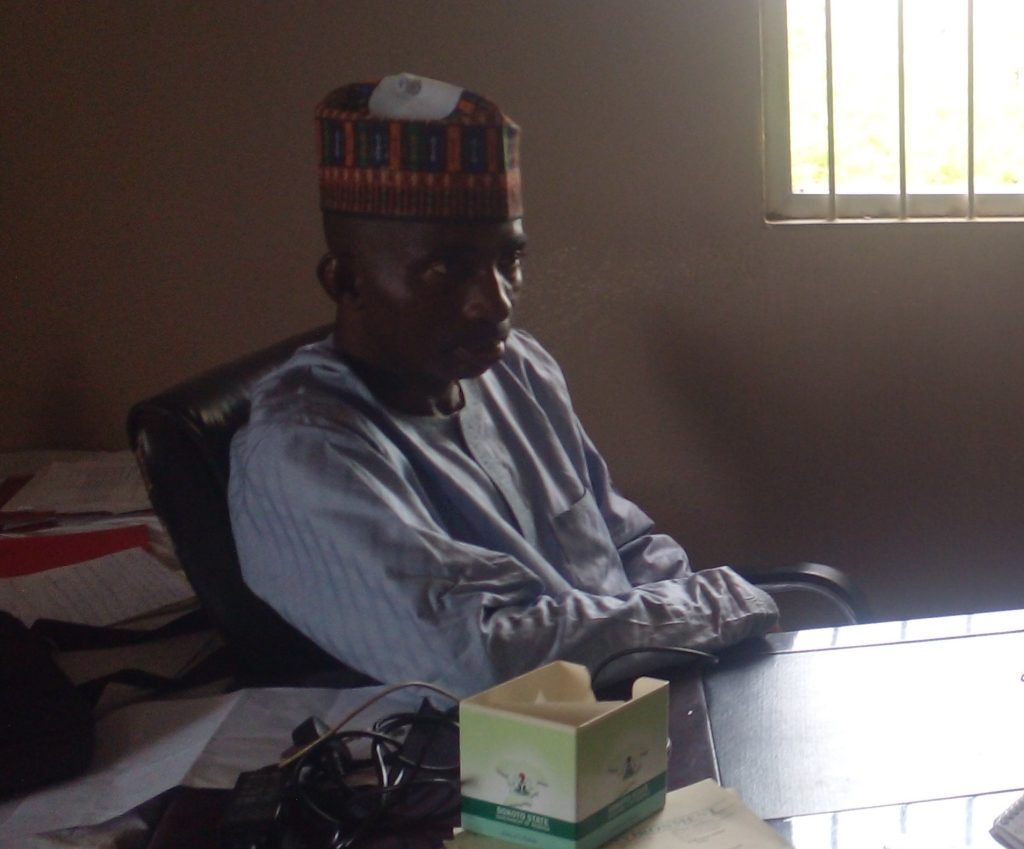The vast fertile lands of northern Nigeria are under threat as the Sahara desert steadily encroaches southward, consuming approximately 350,000 hectares of land annually. This relentless advance is wreaking havoc on agriculture and livelihoods, particularly in Sokoto State, where over 1.5 million people are affected by the growing desertification crisis.
This phenomenon has triggered demographic shifts in villages across 11 northern states, contributing to significant economic losses estimated at $5.1 billion annually due to drought and desert expansion.
Narrowing it down to Sokoto State, areas affected by desert encroachment include Wurno, Goronyo, Gagi, Bodinga, and Rabah. These areas face significant challenges impacting agriculture, communities, and the livelihoods of over 1.5 million people in the state.
Chika Sani Torankawa, Director of Environmental Health and Pollution Control in Sokoto State who spoke to ASHENEWS observes that beyond the natural arid conditions and climate change, deforestation is one of the primary causes of desertification in Sokoto State.
According to him, the extraction of trees mostly for domestic use as fuelwood and other commercial purposes reduces vegetation cover, exposing the land to desertification.
Read also: Niger mining site collapse kills 1, traps 30
He stresses that scorching temperatures in the desert, reaching up to 150 degrees Celsius daily, parch the sand into dusty patches due to the absence of vegetation to mitigate the heat. Gradually, windstorms sweep up and disperse the sand, contributing to the process of desert encroachment.
The encroachment of the deserts disrupts natural waterways, causing erosion of farmlands and jeopardizing biodiversity.
Torankawa further elaborated on how desert encroachment negates agricultural practices in the northern region, adding to food insecurity. “Viable soil for agriculture is loamy, but as the desert encroaches, sandy soil submerges the loamy soil, which doesn’t retain water,” he stated.

This threat not only endangers food production but also poses a significant risk to national security and poverty alleviation efforts in Northern Nigeria. Desertification, worsened by climate change and other factors, unfairly impacts vulnerable rural communities, undermining their security and sustainable life.
“The desert keeps extending by the year. Our farmlands are submerged by sand dust; the soil cannot support crop yield. In places we manage to plant, sometimes it gets wiped out by erosion,” said Nasiru Namadina, a commercial farmer in Wurno Local Government.
Hence, it is imperative to curtail deforestation and initiate tree-planting initiatives. However, the success of such endeavours relies on crucial backing from governmental bodies and active participation from local communities.
In response to this, Torankawa highlighted successful examples of land reclamation in Wurno Local Government and a shelter belt project within the metropolis to protect against wind and other environmental hazards.
Land is a precious resource for humanity, yet its management is often neglected and poorly handled. Without significant efforts to address this issue, the threat of climate change could lead to dire consequences, potentially endangering the survival of our species.
The Sahara’s relentless encroachment poses a severe threat to northern Nigeria’s agriculture, economy, and way of life. Urgent action is needed to combat deforestation and support reforestation efforts.
Individuals and government need to join the fight against desertification by advocating for environmental protection and participating in local tree-planting initiatives. Together, the lost lands can be reclaimed and ensure a sustainable future for generations to come.


